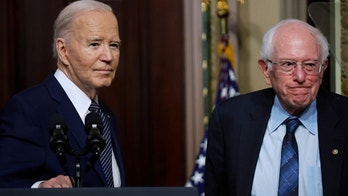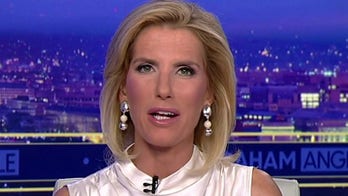Senator Ted Cruz has raised concerns about the influence of wealthy donors and Diversity, Equity, and Inclusion (DEI) goals on the editorial decisions of National Public Radio (NPR). This follows criticism from a former NPR editor and threats from Republican lawmakers to cut funding to NPR's parent organization, the Corporation for Public Broadcasting (CPB).
National Public Radio (NPR), a recipient of federal funding through the Corporation for Public Broadcasting (CPB), has come under fire for alleged editorial bias influenced by wealthy donors and Diversity, Equity, and Inclusion (DEI) goals.

NPR's Editorial Independence Questioned Amidst Funding and Donor Concerns
Senator Ted Cruz, R-Texas, sent a letter to NPR CEO Katherine Maher expressing concerns that the organization was not adhering to its mandate for "objectivity and balance" in its reporting. Cruz pointed to specific instances where NPR's coverage appeared to align with the interests of left-leaning donors.
NPR's funding from CPB is contingent upon its compliance with federal regulations regarding impartiality. However, Cruz raised concerns that private donations from wealthy benefactors may be influencing editorial decisions, potentially compromising NPR's commitment to fair and accurate reporting.

NPR's Editorial Independence Questioned Amidst Funding and Donor Concerns
"As it turns out, NPR’s selective reporting may be driven not only by preexisting political bias within the organization but also by its private donors," Cruz wrote.
Cruz cited examples of specific donors and NPR articles that seemed to align with each other's narratives. He argued that this raised questions about whether NPR's editorial decisions were being driven by its funders rather than by journalistic principles.

NPR's Editorial Independence Questioned Amidst Funding and Donor Concerns
Cruz's concerns follow criticism from longtime NPR editor Uri Berliner, who expressed concerns about the organization's coverage of certain events, including allegations of Russian interference in the 2016 election and the origins of COVID-19. Berliner's suspension and subsequent resignation from NPR brought renewed public scrutiny to the outlet's editorial choices and the potential for bias.
In light of these allegations, Republican lawmakers have threatened to cut funding to CPB, which would directly impact NPR's operations. They argue that the organization's alleged departure from its mandate of unbiased reporting warrants a reassessment of its federal funding.

NPR's Editorial Independence Questioned Amidst Funding and Donor Concerns
NPR has denied any editorial influence from donors or DEI goals, stating that its newsroom is independent and free from outside influence. However, ongoing concerns and heightened scrutiny cast doubt on NPR's adherence to its commitment to fair and balanced reporting.
The allegations against NPR raise important concerns about the influence of funding sources and ideological agendas on journalism. If proven true, they could undermine public trust in NPR and jeopardize its funding from both public and private sources.
Transparency and accountability are crucial for maintaining the integrity of public media outlets. It remains to be seen how NPR will respond to these allegations and whether it can regain the trust of its audience and lawmakers alike.










